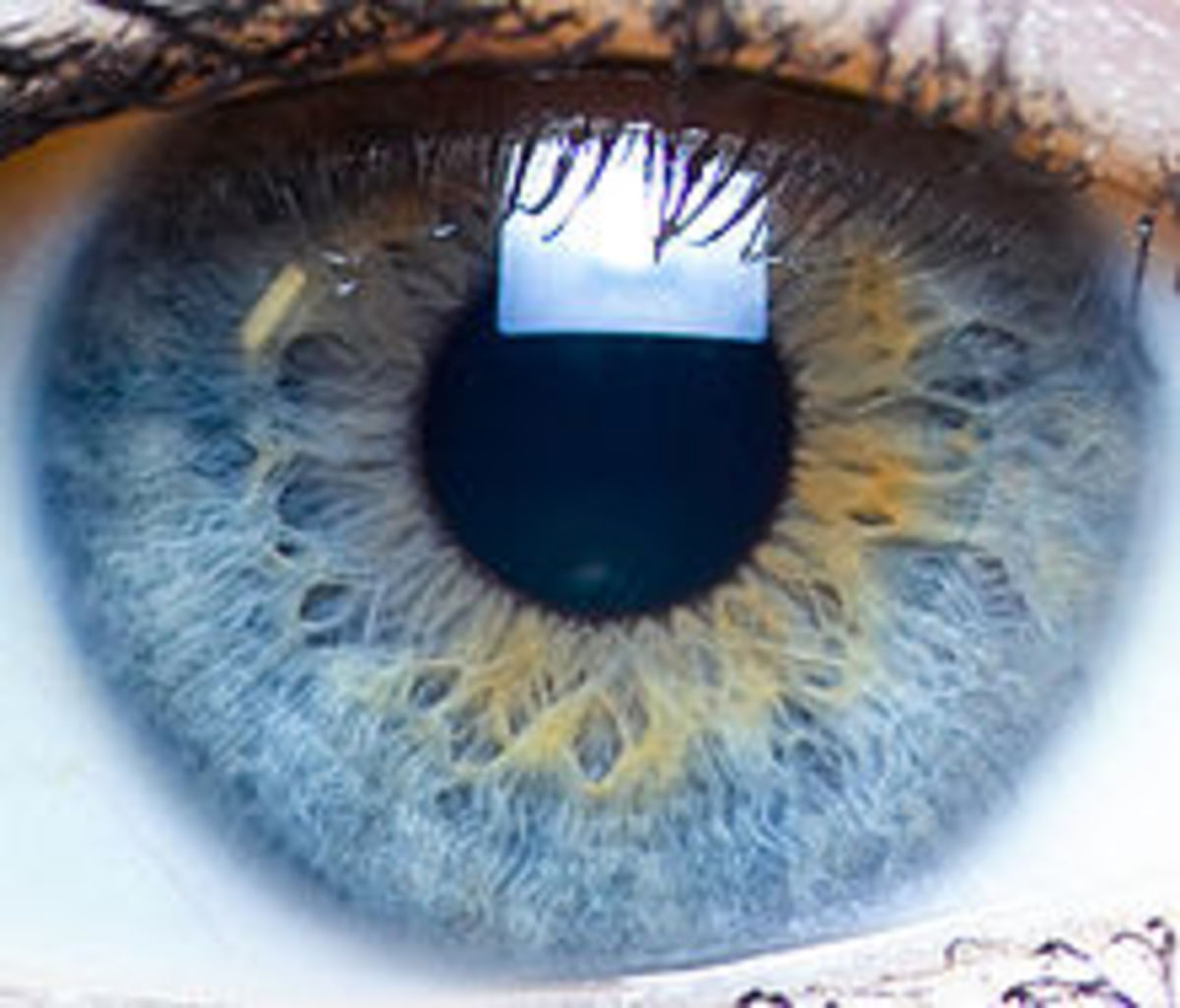Couple of quick tips to Hacking Life

1. Nootropics
Let's start with some handy supplements which add a little edge to your daily routine.
Nootropics is the term given to the increasingly popular 'smart drugs'. Smart drugs have been around for a very long time, but it is only recently that they have started to get the media coverage that they deserve. Now I'm not talking about the soft side of supplements such as rescue remedy, and I'm not talking about the sort of things that just aren't sustainable (methamphetamine), I'm referring to a group of supplements which are used to positively and genuinely increase one's mental capacity.
I first discovered nootropics around 24 months ago and I was very skeptical to begin with, but I am amazed that these are not as well known about as they should be. The first nootropic I experimented with was something called 'Piracetam'. Piracetam was initially created as a treatment for Alzheimer's disease. Since its creation it has been studied greatly for it's potential benefits to the average person's mental capacity.
Unlike some of the more 'prescribed' smart drugs such as adderal, piracetam, like most nootropics works much more subtle. There is no immediate 'rush' experienced, but more a slow build up of effectiveness as the dosage is used on a repeated basis. In other words, rather than building up a tolerance to it, smart drugs like piracetam's effects increase each time it is administered.
Like many if the racetam family, pramiracetam helps brain's cognitive response and long term memory recall. It could be just me but I found myself speaking clearer and remembering childhood events from years ago that I hadn't remembered in a long time.
2. Sleep Hacking
With sleep taking up such a large portion of the day that we COULD be spending being awesome, it is only sensible that we optimize our sleep as much as possible.
A few things to discuss are:
- Quality of Sleep, not Quantity
- Getting to Sleep, how to supercharge your sleepogins
- Waking Up, how to wake up without being drowsy
Quality - Just because you manage to get 8 hours of sleep every night doesn't mean you are getting the best bang for your buck. I personally sleep anywhere between 4 and 6 hours a night but I make sure it is QUALITY sleep. I do this by a number of things, including no caffeine close to bed time, not eating in the last two hours before bed, making sure the bedroom is of the correct environment (as dark as possible, not interruptions), try to limit the amount of 'blue light' you're exposed to in the evening (f.lux).
Blue Light - blue light is emitted from electronic devices such as laptops, tv's and phones. When exposed to blue light int he evening, it can have a drastic effect the body's melatonin levels, which help regulate the body's sleep. This is why everyone always goes on about using electronic devices before bed. But there's a little trick I use to avoid this on my laptop, using a program called f.lux. f.Lux automatically adjusts the blue light on your computer, replacing it with a less harsher, yellow light depending on the time of day. It is really quite astounding, I really can't imagining using a computer at night without it. It's free so give it a try. When it's running you can click on the icon and f.lux will show you a full 24 hours cycle of how it adjusts the light on your pc; you will be blown away with the difference it can make.



